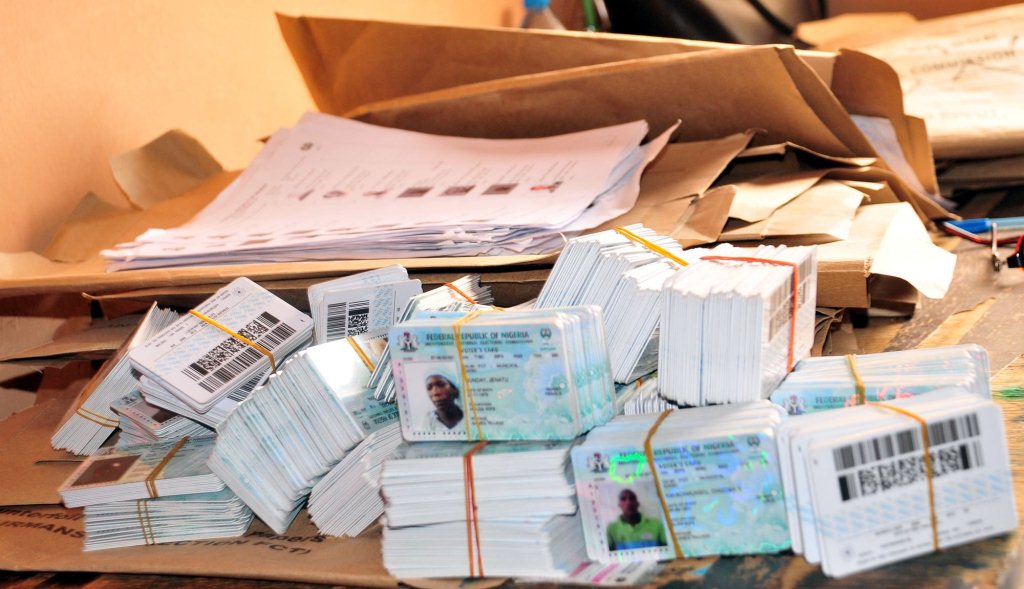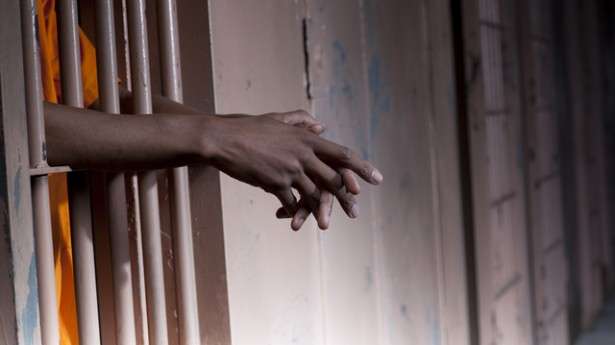The United Nations Children’s Fund (UNICEF)’s Child Justice Consultant, Dr Wilfred Mamah, on Thursday said that there were many Nigerian children currently languishing in different prisons across the country.
Mamah disclosed this in Lagos at a one-day Sensitisation Meeting on Diversion Community Rehabilitation Programme with media practitioners.
The UNICEF’ Consultant also announced the inauguration of a pilot Community Rehabilitation Programme for Children in Conflict with the Law and Children at High Risk of Offending, in Lagos State.
Mamah said that the inauguration of the pilot programme was to reduce the number of Nigerian children in the various Prisons, adding that certain children could not commit offences.
“We have been working with the Lagos State Government in the protection of the Rights of the Children.
“There are currently many children languishing in many Lagos State Prisons, as well as in other Prisons across Nigeria.
“We have, therefore, come up with a Community Rehabilitation Programme with Grace Springs Rehabilitation Home, to gainfully engage these children and ensure that other children are not sent to Prison unnecessarily,’’ he said.
Mamah said that UNICEF, as a global children’s protection organisation, would continue to create a situation whereby children were showed a better way of becoming responsible in life.
“We need to know that no child is born a failure or an offender, but should be corrected and shown love always. We are aware that a number of children are still in prison.
“Were it not for the intervention of the Chief Judge of Lagos State, who recently released about 80 children from the Badagry Prisons, those children would still have been languishing in there,’’ he said.
Mr Yakubu Jubril, a Chief Social Welfare Officer with the Lagos State Ministry of Youth and Social Development, said that many of the children in Lagos Prisons were being wrongly held.
Jubril said that his Ministry had come to realise that some of the children in different Prisons across Lagos State were not supposed to be there.
“We have realised that children who are not supposed to be in Prison are there today.
“We have found out that some of these children did not actually commit the offences levelled against them. Some of them were unduly raided by the Task Force,’’ he noted.
Around the world, children languish behind bars, sometimes for protracted periods. In many cases, they face brutal and inhumane conditions.
The lack of record-keeping and a wide array of institutions means that the number of children held worldwide in such environments is not known. The United Nations Children’s Fund, UNICEF, has estimated that more than 1 million children are behind bars around the world.
Many are held in decrepit, abusive, and demeaning conditions, deprived of education, access to meaningful activities, and regular contact with the outside world.
Many of these children¬ — and adults who were convicted of crimes committed when they were children — have received excessive or disproportionate sentences that violate international law, which requires that imprisonment of children be in “conformity with the law and shall be used only as a measure of last resort and for the shortest appropriate period of time.”
Others are held for acts that should not be crimes at all, such as skipping school, running away from home, having consensual sex, and seeking or having an abortion. Some have never been tried for their alleged crimes; others are tried as if they were adults and, when convicted, sent to serve time in adult prisons.
Migrant children are also routinely held in immigration detention, contrary to international standards. Children with disabilities and others may be institutionalized in the guise of protection.
A UN study expected to be finalised in 2017 promises to put international focus on the detention of children and hopefully result in more systematic monitoring of abusive practices, increased compliance with international standards, and a dramatic reduction in the number of children deprived of their liberty.
But governments need not wait for this report; they can and should act now to establish genuine alternatives to detention and ensure that those children who must be detained are held in humane conditions and benefit from schooling, health services, recreational opportunities, and contact with the outside world.
NAN

